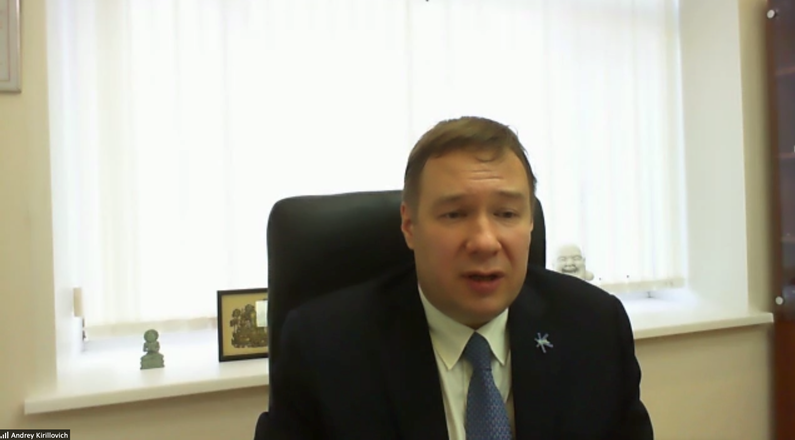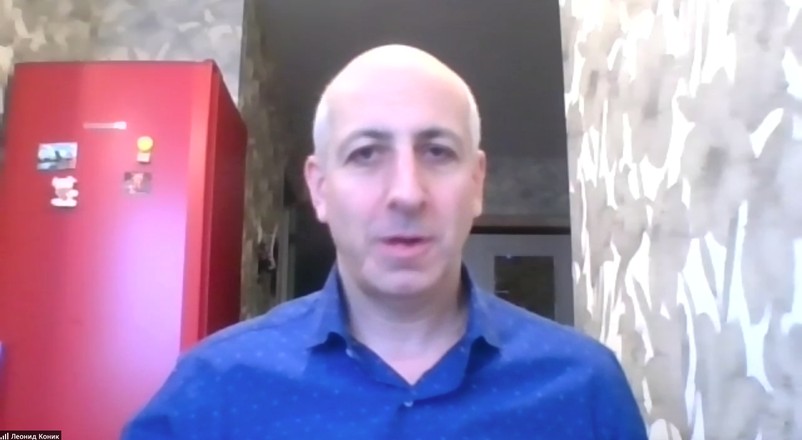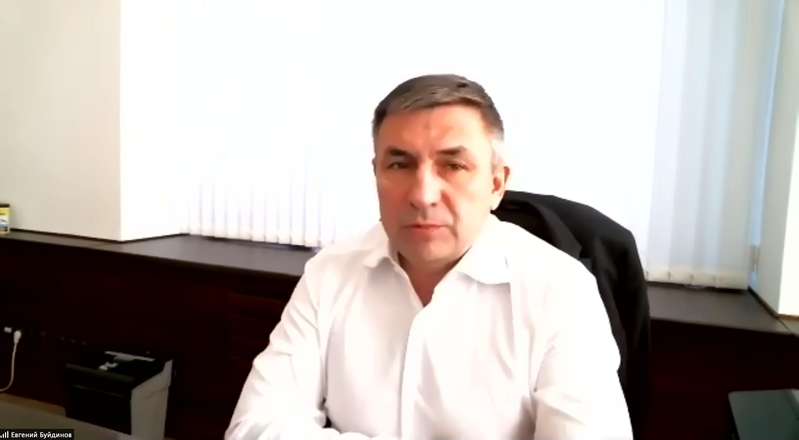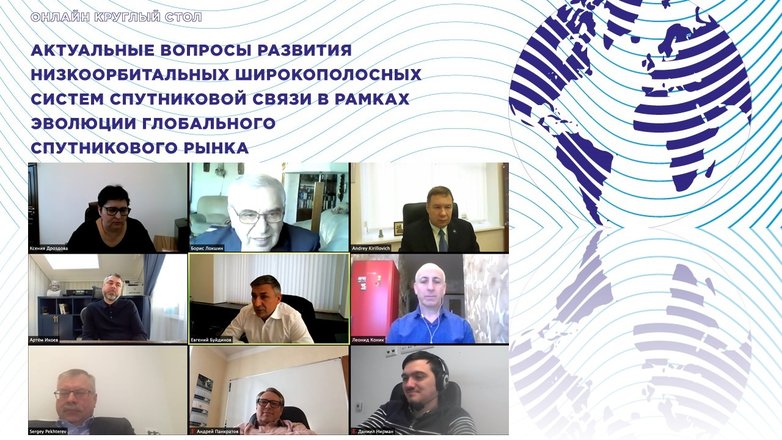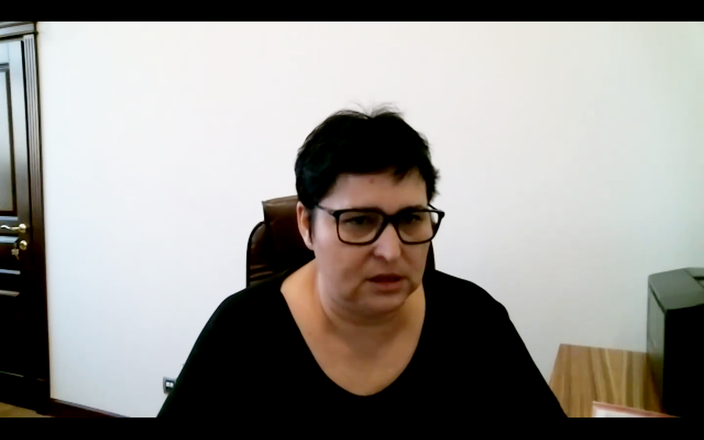RSCC experts speak at round table on issues of development of low-orbit wideband satellite communication systems
The event was organized by Isatel (subsidiary of Intersputnik IOSC) in partnership with KA-BAND.INFO, the Russian satellite Internet info portal, and supported by Russian Satellite Communications Company (RSCC).
A welcoming speech to the round table participants was offered by Ksenia Drozdova, RSCC deputy director general for business development and chairwoman of Intersputnik IOSC Operations Committee. She summarized the bottom lines of the year 2020, emphasizing that RSCC, like its partner operators, had withstood the test of the space-based and ground-based infrastructure in the pandemic and adapted itself to the new reality. "2020 is the year of the digital breakthrough and individual digitalization. And so we decided to hold a round table discussion on non-geostationary satellite systems, which are primarily designed for individual users." Ksenia Drozdova stressed that non-geostationary (NGSO) and geostationary (GEO) systems are no direct rivals because they are designed for different groups of consumers.
The moderators of the round table: Andrey Kirillovich, director of RSCC integration services and complex projects department, and Sergey Pekhterev, shareholder of Ka-Internet, presented reports with a brief overview and progress of creation of NGSO constellations as of the end of 2020. Andrey Kirillovich analyzed and compared the four largest NGSO systems: Starlink, OneWeb, Telesat LEO and Amazon Kuiper. Sergey Pekhterev spoke in more detail about the Starlink satellite communication system, the network architecture, the planned space and ground infrastructure, and new developments of the user terminal.
The discussion was joined by Evgeni Buydinov, deputy director general for communications systems development and operation of RSCC; Leonid Konik, editor-in-chief of ComNews IG; Artem Ikoev, director of technology of Megafon 1440; Boris Lokshin, head of advanced systems development department of RSCC. The participants discussed the prospects of joint work of NGSO and geostationary operators, the appearance of new types of user terminals, sales and operation strategies of low-orbit systems in national markets, as well as the relevance of NGSO systems for the Russian satellite communications market.
About 120 specialists of the satellite industry took part in the round table as speakers and listeners.
